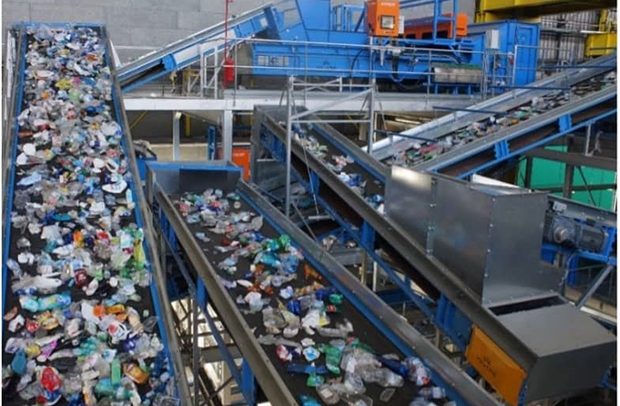More investment in waste management infrastructure has been identified as one of the surest ways to reducing the impact of methane, which is fast contributing to climate change in recent times.
A Senior Research Fellow with the Centre for Climate Change and Sustainability Studies at the University of Ghana, Dr. Yaw Agyeman Boafo, disclosed this in an interview with DAILY GUIDE.
He said industrial as well as household waste generated from various parts of the country could become a huge resource if adequate investment were made in waste management.
“Waste can be put to good use through the concept of circular economy, with the right infrastructure and facilities instead of allowing it to dissipate. It can be captured to become a resource in transition instead of a waste that has direct impact on human wellbeing and ecological resources, given the example of land fill gas capture which could be used to produce electricity,” he posited.
A report from United Nations Environmental Programme (UNEP), indicates that about 12.710 tons of solid waste is generated daily with only 10% collected and disposed of at designated sites in Ghana.
The International Energy Agency (IEA) also reports that methane is responsible for about 30% of the rise in global temperature, which if reduced, could limit global warming and air quality.
Dr. Boafo said managing waste has not only become a problem for city authorities alone due to urbanisation, population growth and other related factors but, it also poses a challenge to rural communities that had other methods of disposing of waste in the past.

He explained that unlike carbon dioxide, which is the common form of greenhouse gas, other gases such as methane, generated from waste in all forms especially, food waste, could have adverse effects on the lives of people given the length of duration it stays in the atmosphere.
He said “Methane does not remove itself, it is like a stain on a blanket. It is not as if the emissions are happening a year or overnight but once we dump waste somewhere , its emitting methane, though it might be very small. In the context of Ghana or in the local community, it eventually adds up to the global numbers.”
He suggested that waste water, for instance, could be purified for reuse to irrigate crops and vegetables, as well as gardening in homes, among several other simple methods of generating compost from food waste to reduce their impact on climate change.
He added that though there is a growing knowledge of the impact of methane, many Ghanaians may not be aware of its impact on the climate and human livelihoods unlike technocrats and researchers who find themselves in that space.
He, therefore, recommended to state actors to embark on advocacy campaigns to raise awareness, educate and sensitise the public on the negative impacts of methane emissions especially solid waste and the need to apply deliberate actions to segregate all forms of waste generated.
He, however, stated that even though waste segragation faces difficulties especially from homes, as many households continue to lump all waste together regardless of their forms – food, paper, plastic, metals, continuous education, among others, would go a long way to increase awareness and support the global fight in reducing methane emission while efforts are also being made to use the available technologies to harvest and use it profitably for the benefit of Ghanaians.
Why should Ghanaians be concerned?
Dr. Agyeman Boafo further said there is the need for concerted efforts by all Ghanaians to contribute to the fight against climate change however little.
“Solving the problem locally but having a global impact; if America was dealing with their problem locally, global impact will reduce. Let’s solve our problem locally and at the end of the day, it will help to reduce the global fight. It is an issue of you doing your part regardless of how small it is or how bad it is, so that we all benefit from the positive bit. We may not be producing much but some body’s production can give you problems,” he emphasised.
This report is produced in fulfillment of the UNESCO and CIJ London Climate Change in News Media Project facilitated by the Centre for Journalism Innovation and Development (CJID).
By Ebenezer K. Amponsah


